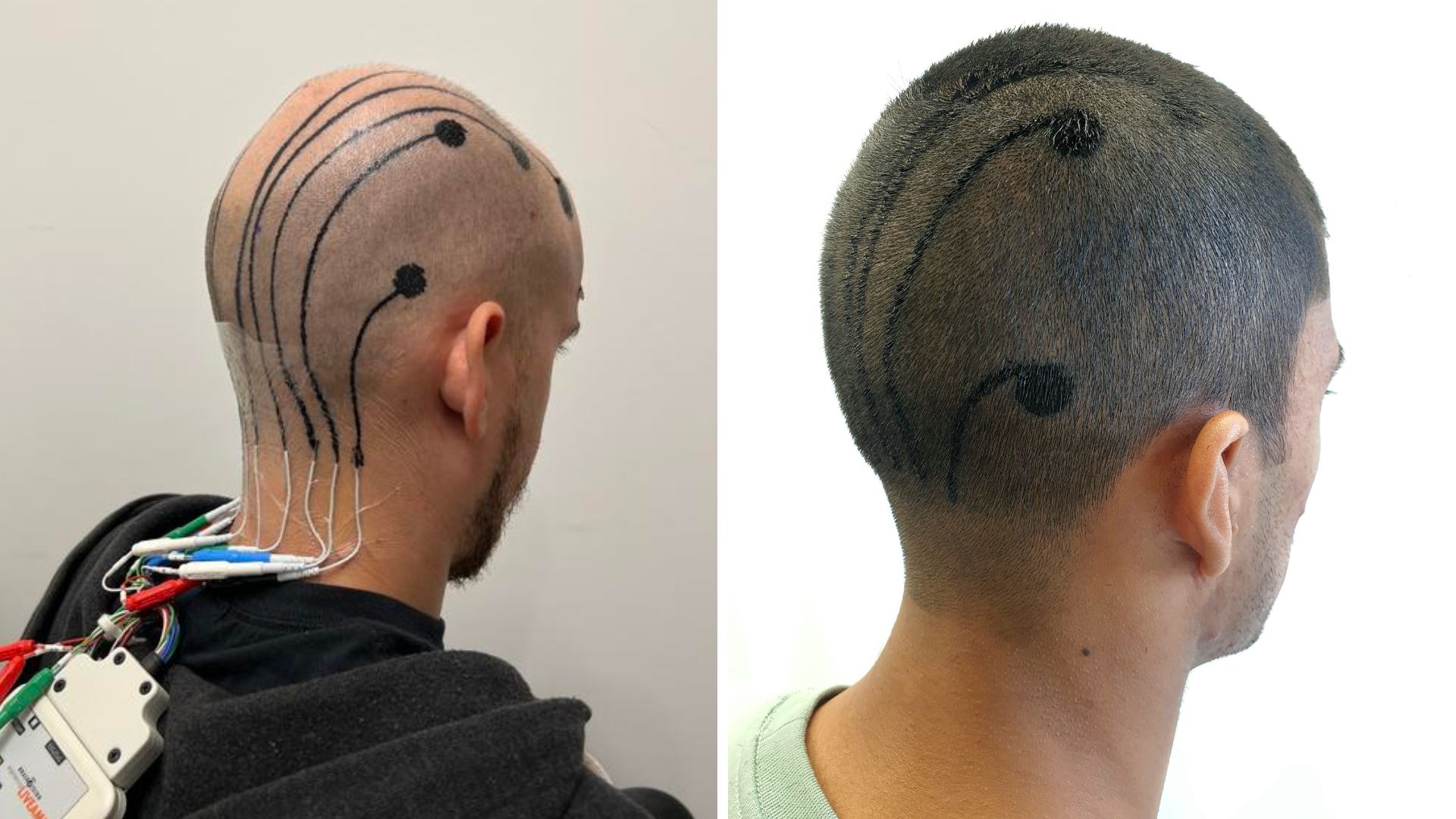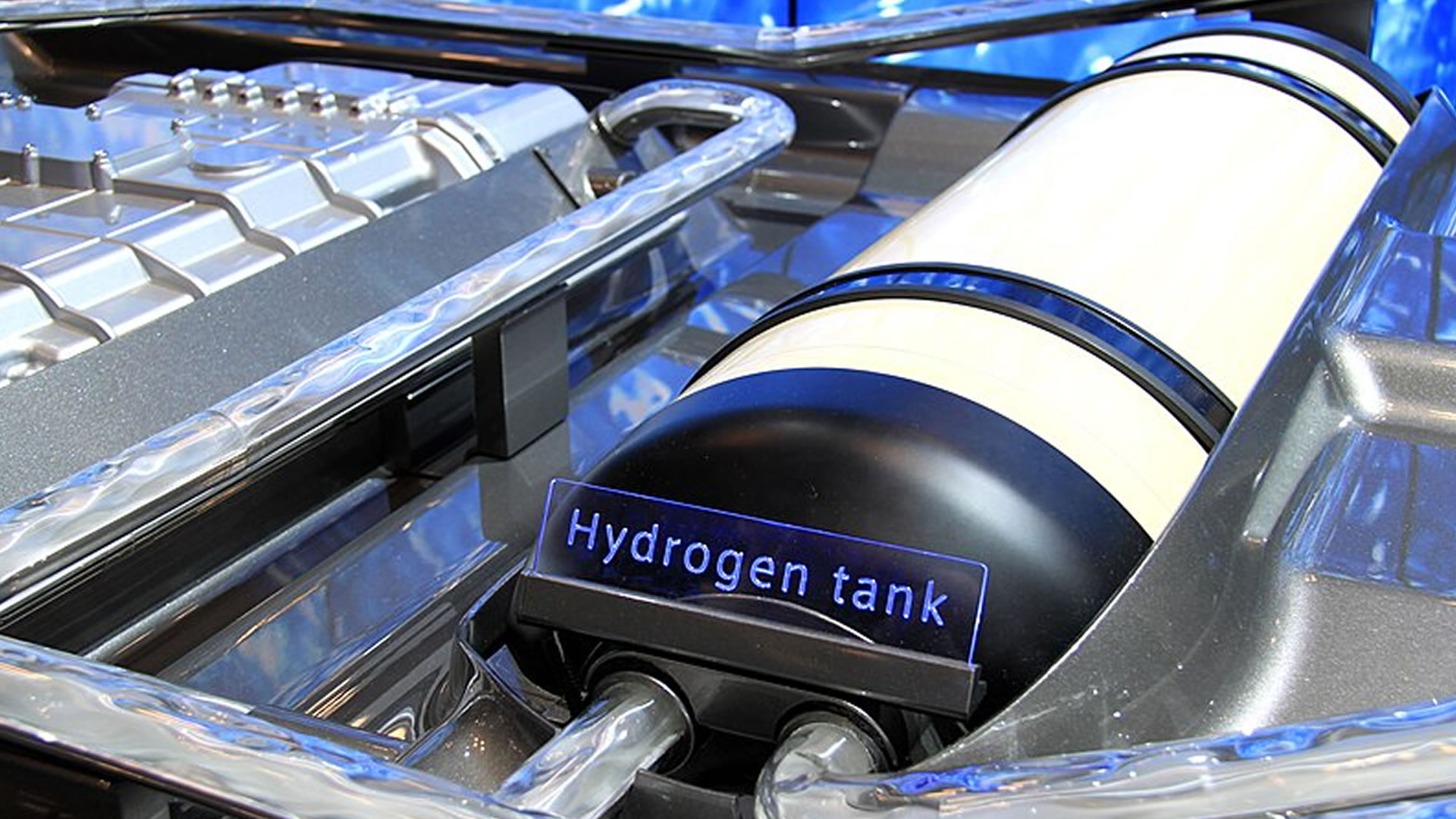- TECHSWU
- Posts
- TECHSWU
TECHSWU

Exciting news for gaming fans: Sony is reportedly developing a new handheld console capable of natively running PS5 games! This device could revive the handheld legacy of the PSP and PS Vita, making gaming on the go a reality once more. Backing from Digital Foundry has lent credibility to these early-stage rumors, indicating that a prototype may already be in existence.
Despite these developments, it appears that the release is still years away. Currently, Sony’s latest device, the PlayStation Portal, only streams games from a connected PS5, limiting its capabilities.
If the new handheld comes to fruition, it may take on competitors like the Nintendo Switch and reshape how we experience gaming outside the home.

In a provocative new lawsuit, an Apple employee, Amar Bhakta, claims the tech giant is infringing on worker privacy by requiring staff to install software on their personal devices. This software allegedly allows Apple to access personal emails, photos, and even health data.
Bhakta also alleges that Apple enforces strict confidentiality rules that prevent employees from discussing their working conditions and pay, potentially stifling legal whistleblowing and free speech. Apple has firmly denied these allegations, asserting that the lawsuit lacks merit and emphasizing its commitment to employee rights.
This case comes amidst a broader scrutiny of the company's labor practices, including previous allegations of systemic pay discrimination against women. As the industry watches closely, this lawsuit could spark important conversations about privacy, transparency, and workers' rights in the tech world.

Defense firms are scrambling to keep pace as plaintiff lawyers unleash the power of cutting-edge generative AI tools, revolutionizing the way cases are built and presented. As these innovative technologies ramp up efficiency and productivity on the plaintiff side, experts warn that defense teams are being left behind, struggling to harness similar advancements.
This growing disparity has sparked a race among defense firms to adopt AI solutions, aiming to level the playing field in the competitive world of litigation. With the legal landscape rapidly evolving, staying ahead of the curve is crucial for defense attorneys who want to safeguard their clients and remain formidable adversaries in the courtroom.

Gif by sild3nafil on Giphy

WhatsApp has unveiled a handy feature that allows users to send messages to themselves, effectively turning the app into a personal note-taking tool! This clever addition makes it easy to save important information, reminders, photos, and voice notes—all in one familiar place. Users can simply navigate to the New Chat section, select their own name from the contact list, and start the conversation.
Whether it's jotting down a quick idea or storing important links, this self-messaging feature eliminates the need for external apps, streamlining your organizational efforts. Plus, all sent messages and files are backed up in the cloud, ensuring you won't lose a thing when switching devices.

A recent study reveals that artificial intelligence (AI) often stumbles when providing financial advice, delivering accurate responses only about half the time. Many users, particularly younger generations, are turning to AI for managing their finances.
However, a report from the College Investor highlights that nearly 43% of AI-generated financial answers, especially those from Google, are misleading. This raises significant concerns, as users risk making poor financial decisions based on inaccurate information.
While AI can process data quickly, it still lacks the nuance required for personalized financial guidance; real-world professionals often find themselves correcting the misinformation clients bring in. Experts advise consumers to rely more on established sources and seek advice from trained financial advisors.
Despite its appeal, the consensus is clear: for now, human expertise remains indispensable in the complex world of personal finance.

Say goodbye to cumbersome EEG tests! Scientists have introduced innovative “e-tattoos” that make brain monitoring a breeze. Using a new conductive liquid ink, these skin-printed sensors adhere to the scalp to effortlessly track brain activity in real time.
Unlike traditional EEG methods that involve sticky electrodes and tangled wires, e-tattoos are fast, painless, and can provide continuous readings for up to 24 hours. Early tests showed they performed equally well as standard electrodes but without the hassle.
These groundbreaking sensors could revolutionize neurological diagnostics and pave the way for advanced brain-computer interfaces, making brain monitoring more accessible and comfortable than ever before. Researchers are even exploring wireless technology integration for a completely wire-free experience.

A groundbreaking venture, /dev/agents, is set to revolutionize shopping through cooperating AI agents, having secured $56 million in funding at a $500 million valuation. This startup aims to create an operating system that allows different AI services to communicate and collaborate seamlessly, enabling virtual shopping assistants to compare prices, manage deliveries, and provide customer service across various platforms.
Currently, AI assistants operate in silos; however, this unified framework could significantly cut costs for businesses by consolidating multiple disconnected services. As interest in AI agents grows, with major players like OpenAI and Microsoft entering the space, the potential for these intelligent assistants to handle complex tasks—like issuing refunds or placing orders—is expanding rapidly.
The future of commerce hinges on whether this system will remain open and inclusive or fall under the control of a few tech giants, making it essential to balance innovation with accessibility.


MedDream has taken significant steps to enhance patient care by integrating its Universal DICOM Viewer with AWS HealthImaging, a move unveiled at RSNA 2024 in Chicago. This powerful partnership ensures that healthcare professionals can access medical images seamlessly, even during PACS disruptions, thus maintaining uninterrupted diagnostics and operational efficiency.
MedDream's HTML5 viewer—a vendor-neutral, FDA-cleared Class IIB medical device—facilitates image sharing between institutions and bolsters telemedicine workflows while offering robust disaster recovery capabilities. CEO Tomas Dumbliauskas emphasizes that this collaboration embodies their commitment to reliable and secure diagnostic solutions globally.
With over 500 integrations worldwide, MedDream is set to transform the healthcare landscape, proving that technological innovation can lead to better patient outcomes.

Japanese researchers have unlocked a groundbreaking method to transform sunlight and water into hydrogen fuel using innovative photocatalysts. This eco-friendly technique aims to provide a sustainable alternative to the current fossil fuel-reliant hydrogen production.
The team employed a two-step process, where one catalyst generates hydrogen while another produces oxygen, achieving impressive results in real-world sunlight. Although current solar-to-hydrogen efficiency stands at around 1%, the scientists are optimistic about breaking the 5% barrier with further research and development of advanced materials.
As the technology matures, it could revolutionize hydrogen fuel production, encouraging policymakers and industries to rethink solar energy’s potential. With ongoing efforts to enhance efficiency and operational capabilities, this promising advancement may lead us closer to a greener energy future, ensuring hydrogen fuel becomes a viable option for diverse applications worldwide.